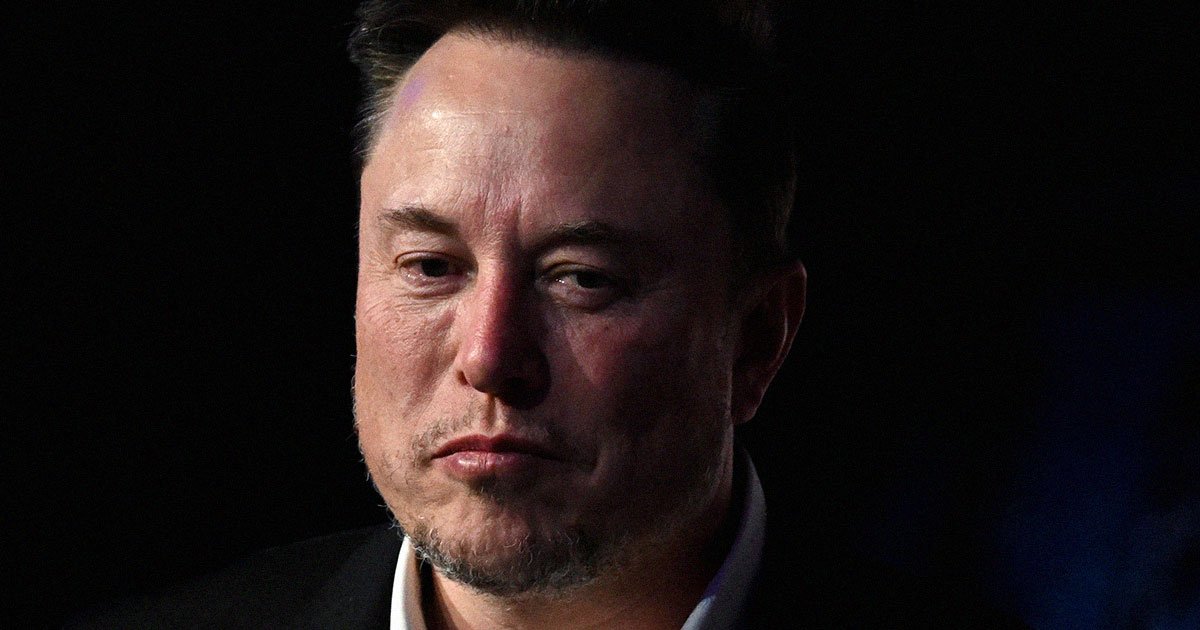The Atlantic’s Staff Is Furious About Its Deal With OpenAI

Journalists at The Atlantic are expressing concern over their employers’ content licensing partnership with OpenAI, Semafor’s Max Tani reports.
The Atlantic announced its deal with OpenAI back in May, arguing that the “strategic content and product partnership” with the ChatGPT maker would position the magazine as a “premium news source within OpenAI” as it inches further into the world of search.
“We believe that people searching with AI models will be one of the fundamental ways that people navigate the web in the future,” Atlantic CEO Nicholas Thompson said in a statement at the time of the deal. “We’re delighted to partner with OpenAI, to make The Atlantic’s reporting and stories more discoverable to their millions of users, and to have a voice in shaping how news is surfaced on their platforms.”
But today, in a letter addressed to Thompson and Atlantic editor-in-chief Jeffrey Goldberg, the Atlantic’s staff argue that “new revelations” about OpenAI and its famous chatbot, ChatGPT, have heightened their concerns about the controversial AI deal — and as the journalists whose work is being lifted to fuel OpenAI’s products, they also deserve to have a seat at the bargaining table.
“Our editorial leaders say that The Atlantic is a magazine made by humans, for humans,” reads the journalists’ letter. “We could not agree more.”
“Although we understand that there may be a place at The Atlantic for artificial intelligence,” they add, “Atlantic staffers must have a voice in how it affects our work.”
As noted in the letter, the Atlantic journalists’ concerns involve ChatGPT’s failures as a product as well as OpenAI’s actions as a company.
On the product side, they correctly argue that ChatGPT is known to “hallucinate” — fabricate false claims from nothing — “links to partner publications, including our own,” and also direct readers “to aggregations of our original reporting rather than to our actual site.” In other words, according to the staffers, even though the Atlantic has entered a partnership agreement with OpenAI, the product is still failing to consistently point readers directly to the magazine’s original reporting. This ultimately means that the Atlantic is losing reader clicks — and thus advertising dollars and subscribers.
The staffers’ letter also points to OpenAI’s exploits in its court battle against The New York Times, which last year sued the AI company for copyright infringement. The case is ongoing, and OpenAI recently made headlines after it demanded to see all notes by NYT reporters — an unprecedented request that would challenge journalistic legal protections as well as baseline journalistic ethics, and a move that the Atlantic staffers recount in their letter as “troubling.”
“In litigation with one of our peer publications,” the Atlantic staffers’ letter reads, “OpenAI has demanded that journalists turn over their notes, interview memos, and other materials used in their reporting, which is incredibly troubling.”
Given the Atlantic’s venerable status, its decision to enter a content deal with OpenAI — the financial terms of which are unknown — was a huge win for the AI firm, which also counts Vox and New York Magazine-owner Vox Media, Wall Street Journal owner News Corp, and TIME Magazine as publishing partners, among others.
But while the Atlantic’s leadership may have made their bet that AI search products will be the way of journalism’s future, the magazine’s journalists are making the case that maintaining journalistic standards — and protecting the work of journalists — can’t play second fiddle in that process.
“AI cannot replace journalists, and no publication that aspires to the standards The Atlantic has embodied for more than a century and a half can allow that to happen,” the journalists write. “Among the possible points of contention between the editorial union and management, this should not be one.”
“We want the company to stop prioritizing its bottom line and champion The Atlantic’s journalism by bringing a meaningful proposal on AI to the bargaining table,” they added.
More on AI and journalism: Amid New York Times Lawsuit, ChatGPT Is Citing Plagiarized Versions of NYT Articles on an Armenian Content Mill











